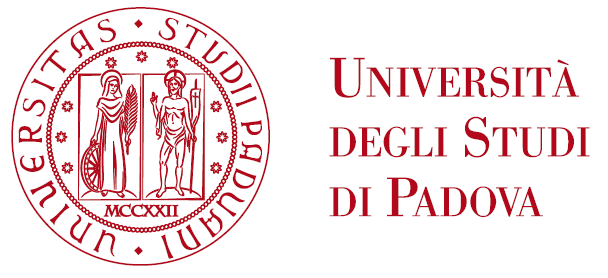Massimo Robberto, PhD (Lead of NIRCam, STScI & researcher at Johns Hopkins University)
Alla caccia dell'ultimo fotone: l'analisi dati dei più potenti telescopi spaziali
In Pursuit of the Last Photon: Data Analysis of the Most Powerful Space Telescopes
Friday November 17th, 2023 - 1:30pm
Room 1C150 Torre Archimede
Abstract
ITALIANO:
I telescopi spaziali Hubble e JWST continuano a regalarci le immagini più dettagliate e spettacolari dell'Universo. Quelle ammirate dal grande pubblico sono tuttavia soltanto una resa artistica dei dati scientifici analizzati dagli astronomi. La loro produzione, cioè il passaggio dai dati grezzi forniti dagli strumenti a quelli calibrati finali richiede una complessa pipeline per poter rimuovere ogni possibile artefatto. È un processo dinamico, dato che la nostra comprensione degli effetti strumentali aumenta col costante arrivo di nuovi dati, che spingono a utilizzare algoritmi e processi sempre più raffinati per isolare l'ultimo fotone, quello che lo strumento potrebbe aver raccolto dopo un viaggio durato 13 miliardi di anni. Nel Colloquio illustrerò come questo processo si sviluppa, con un cenno particolare su alcuni aspetti attualmente allo studio e sulle problematiche poste dagli strumenti di prossima generazione.
ENGLISH:
The Hubble and JWST space telescopes continue to gift us with the most detailed and spectacular images of the Universe. However, those admired by the general public are merely artistic renderings of scientific data analyzed by astronomers. Their production, the transition from raw data provided by the instruments to the final calibrated ones, requires a complex pipeline to remove any possible artifact. It is a dynamic process, as our understanding of instrumental effects grows with the constant influx of new data, urging us to employ ever more refined algorithms and processes to isolate the last photon, the one that the instrument may have captured after a journey lasting 13 billion years. In the Colloquium, I will illustrate how this process unfolds, with a particular focus on some aspects currently under study and the challenges posed by next-generation instruments.
Short bio
Massimo Robberto is the team leader for NIRCam at the Space Telescope Science Institute in Baltimore, overseeing the primary instrument of the James Webb Space Telescope (JWST). Additionally, Robberto holds a research position at Johns Hopkins University. He holds a Summa cum Laude degree in Physics and a PhD in Astronomy from the University of Turin.
His research primarily focuses on the formation of low-mass stars and planets. He has led significant programs with Hubble, contributing to notable scientific achievements. His expertise lies in designing and utilizing innovative astronomical instruments. He has extensive experience with both space and ground-based telescopes, including the Hubble Space Telescope and various instruments in Chile.
Before joining STSCI, he worked with the European Space Agency and at leading astronomical institutions in Europe.
Direct info at https://www.stsci.edu/~robberto/

